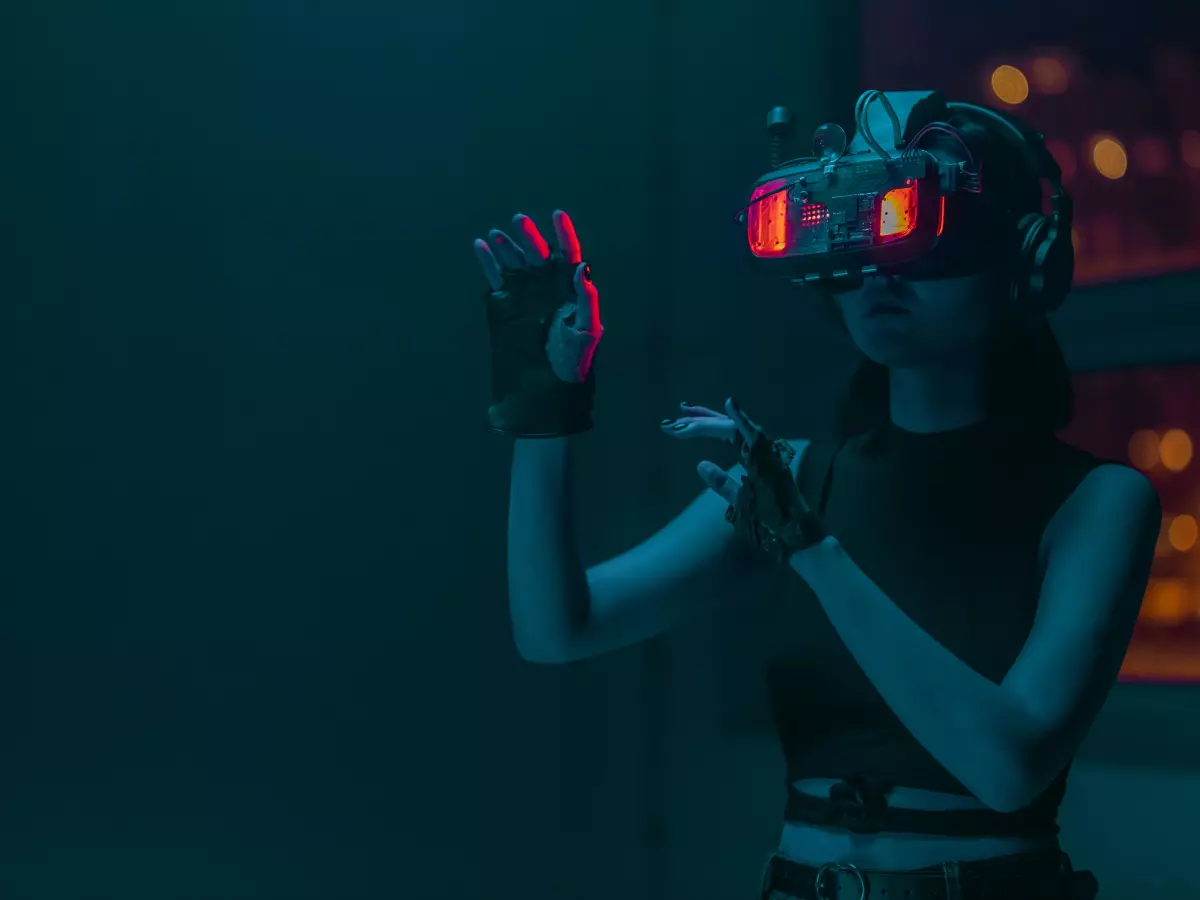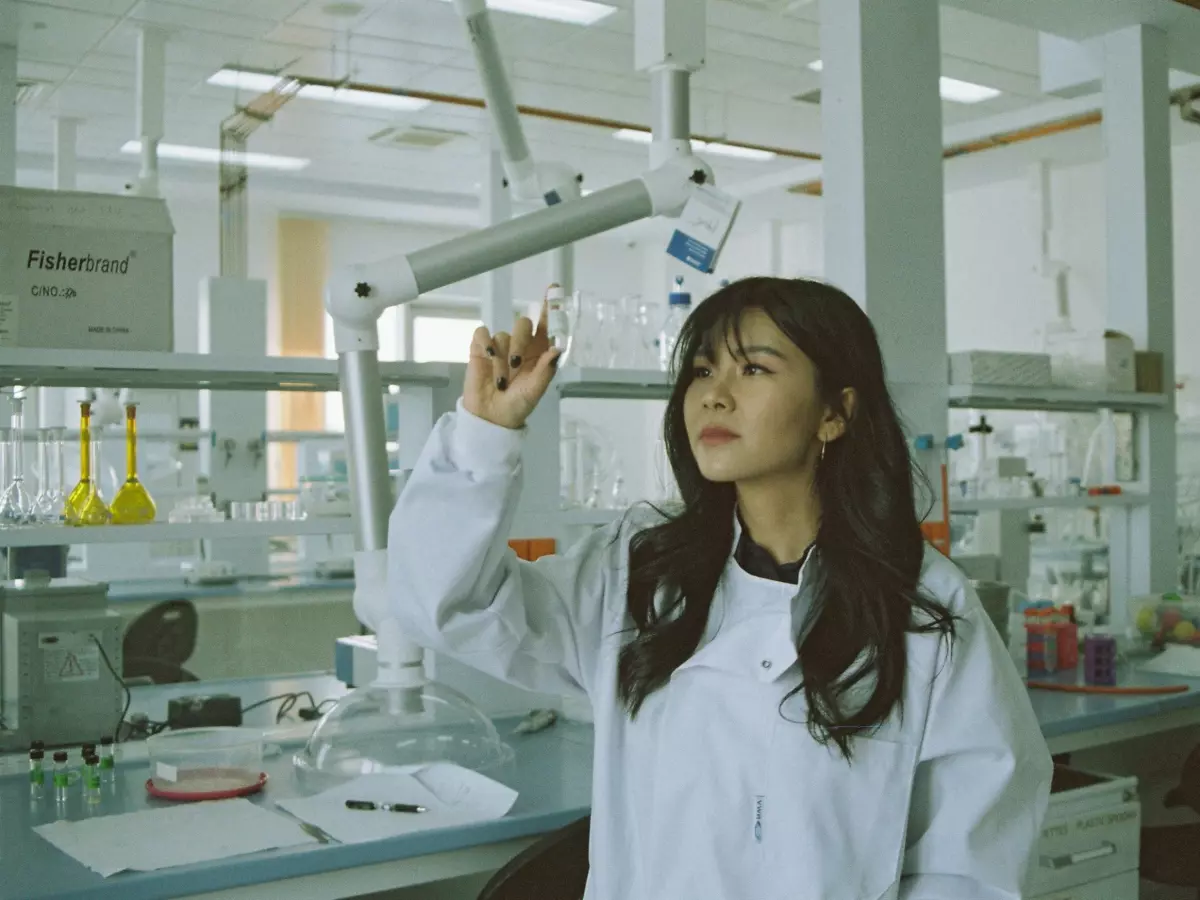Disrupting Justice
Imagine the legal world as a labyrinth, with endless corridors of paperwork, case law, and deadlines. Now picture an AI-powered compass that helps lawyers and judges navigate it effortlessly. That’s the revolution we’re talking about today.

By Alex Rivera
For decades, the legal industry has been a fortress of tradition—stubborn, slow, and resistant to change. But one innovator, let’s call them the “Architect of Legal AI,” saw this as an opportunity rather than a roadblock. By blending artificial intelligence with the complexities of law, they’ve created tools that not only save time but also make justice more accessible to all.
The Visionary Behind the Curtain
Meet Dr. Elena Vasquez, a former litigator turned tech entrepreneur. With a law degree from Harvard and a PhD in computer science from Stanford, Vasquez is a rare hybrid of legal expertise and tech genius. Her journey began in the courtroom, where she spent countless hours sifting through mountains of documents. "There has to be a better way," she thought. And thus, the seed for her groundbreaking AI platform, LexiLogic, was planted.
LexiLogic isn’t just another legal software. It’s a game-changer. Using natural language processing and machine learning, it can analyze thousands of pages of legal documents in minutes, identify key precedents, and even predict case outcomes with astonishing accuracy. Think of it as a legal assistant on steroids, but without the coffee breaks.
How AI is Reshaping Legal Work
Vasquez’s innovations have tackled some of the most tedious aspects of legal work. For instance, contract review—a process that used to take weeks—can now be completed in hours. LexiLogic’s algorithms flag potential risks, inconsistencies, and even suggest alternative clauses. It’s like having a second set of eyes, only these eyes never miss a detail.
And it’s not just lawyers who benefit. Judges and court systems are using AI to manage caseloads more efficiently. Vasquez’s team recently partnered with a state court to implement an AI-driven docket management system. The result? A 30% reduction in case backlog within the first year.
Ethics and the Human Element
Of course, with great power comes great responsibility. Vasquez is acutely aware of the ethical dilemmas her technology presents. "AI can’t replace human judgment," she often says. "It’s a tool, not a decision-maker." To that end, LexiLogic is designed to assist, not automate, the legal process. It provides insights and recommendations, but the final call always rests with a human.
Vasquez has also been vocal about the need for transparency in AI. Her platform includes a feature that explains how it arrived at its conclusions, ensuring that users understand the logic behind the machine’s suggestions. "Trust is earned," she says, "and in the legal world, it’s non-negotiable."
The Bigger Picture
Beyond the courtroom, Vasquez envisions a future where legal services are more accessible to the average person. Imagine a chatbot that can guide you through filing a small claims case or an app that helps you draft a will without needing a pricey attorney. These aren’t just dreams; they’re projects already in the works at Vasquez’s company.
Her efforts are also catching the attention of policymakers. She’s been invited to speak at international forums on how AI can democratize justice. "The law should serve everyone, not just those who can afford it," she often says. And with her technology, that vision is becoming a reality.
Challenges Ahead
Despite her successes, Vasquez faces her share of challenges. The legal industry is notoriously slow to adopt new technologies, and convincing traditional law firms to embrace AI has been an uphill battle. Then there’s the issue of data privacy. Legal documents often contain sensitive information, and ensuring that this data is secure is a top priority for Vasquez and her team.
But if anyone can overcome these hurdles, it’s Vasquez. Her relentless drive and commitment to ethical innovation have already transformed the industry in ways few thought possible.
Full Circle
So, what’s next for the Architect of Legal AI? Vasquez is already exploring how blockchain can further enhance her platform, ensuring that legal documents are not only analyzed but also securely stored and easily verified. She’s also mentoring the next generation of legal tech innovators, proving that her impact will extend far beyond her own work.
In a world where justice often feels out of reach, Vasquez is proving that technology can be the great equalizer. Her story is a reminder that even the most complex systems can be reimagined, one innovation at a time.
And as for that labyrinth? Thanks to Vasquez, it’s looking a lot less daunting.





